‘Ready to Kill’ – Ecuador’s teen Sicarios murder for twenty dollars
The humanitarian photojournalist Paddy Dowling reports from Ecuador on how the government is losing the fight against organised crime networks and children continue to pay the highest price

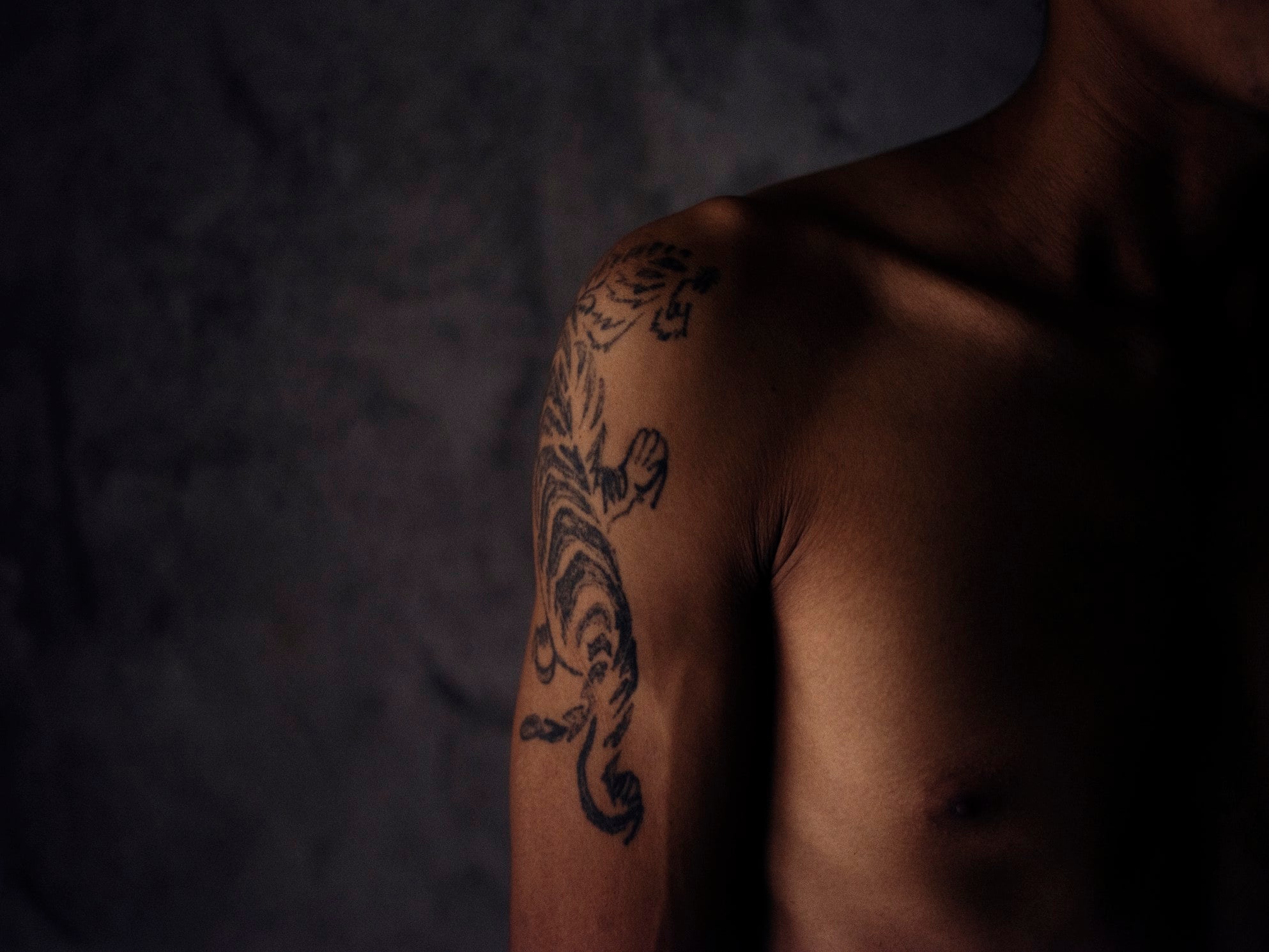
A country once described by a US Drug Enforcement Agent as the “United Nations” of organised crime, Ecuador is witnessing its largest rise in violent deaths in a decade.
Ecuador registered 2,000 murders in 2021, an increase on the 1,400 registered in the previous year. As of April this year, the country had already witnessed 1,241 violent deaths. Peacetime is officially over.
The country’s continued downward spiral can, in part, be attributed to the dominance of transnational organised crime networks entrenched in every aspect of the daily life of the Latin American nation – fuelled by emboldened narco traffickers.
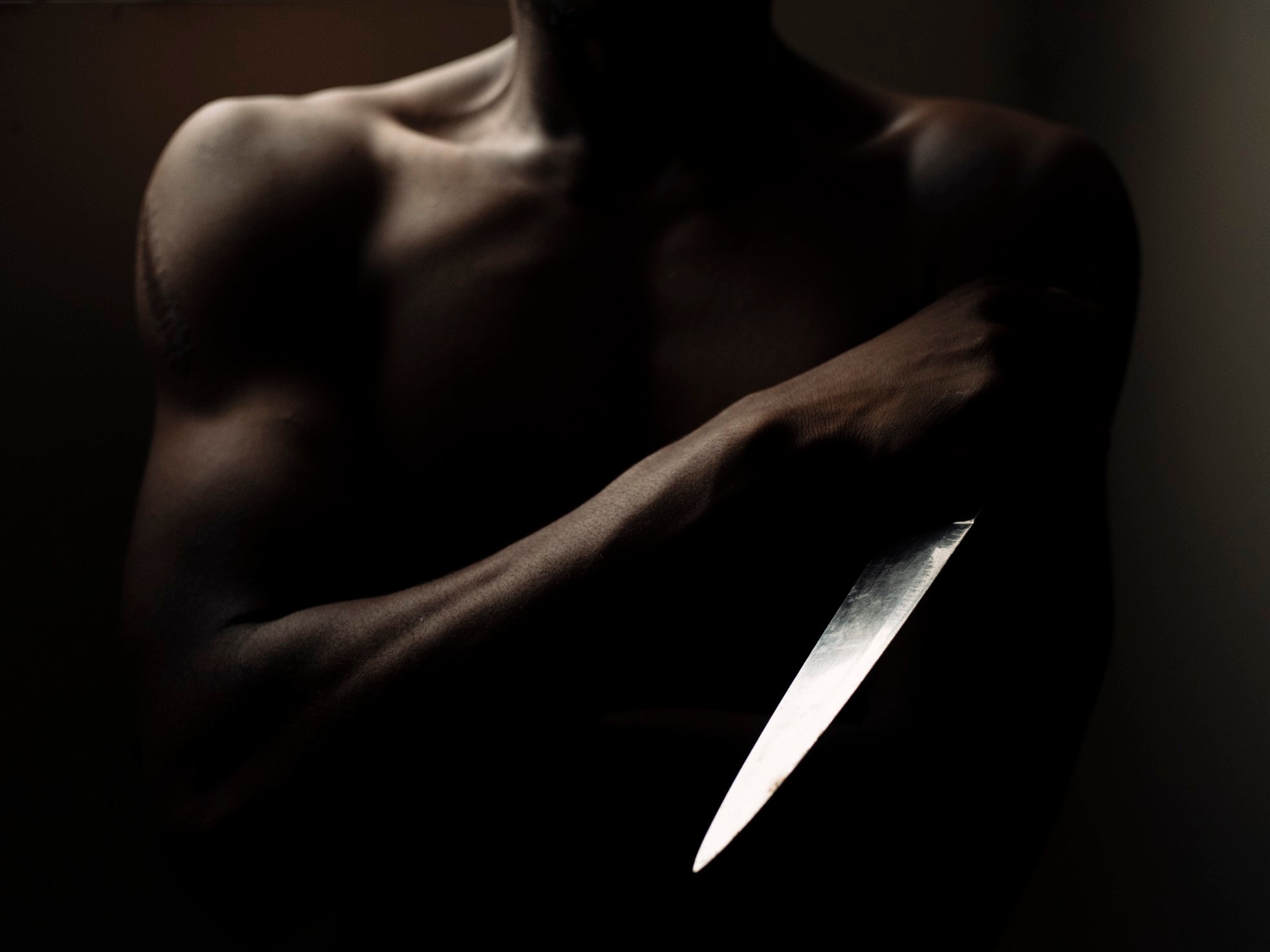
But Ecuador’s last three presidents – Rafeal Correa, Lenin Moreno and now Guillermo Lasso – must also shoulder the blame for their failure to address the country’s problems at their root causes.
“I am not afraid; I am ready to kill,” explains Ivan, 15, perched on the edge of his bed in a makeshift room partitioned using old bedsheets, situated in a social housing complex in Esmeraldas, near the Colombian border.
Ivan has a tiger – a mark of the notorious gang Los Tiguerones – across his right shoulder. “My family will always protect me,” he says. Ivan was recruited by the gang while serving time as a juvenile in an adult prison due to his lack of registration documents. He was incarcerated for stealing food to provide for his elderly mother.
Ecuador’s next generation of “Sicario”, or hitmen, are typically recruited in the poorest neighbourhoods of Guayaquil, Durán and Esmeraldas. Children from the age of 10 are profiled by cartel scouts in areas that typically present problems of drug and alcohol consumption among the population. The younger the recruit, the greater the chance of moulding them.
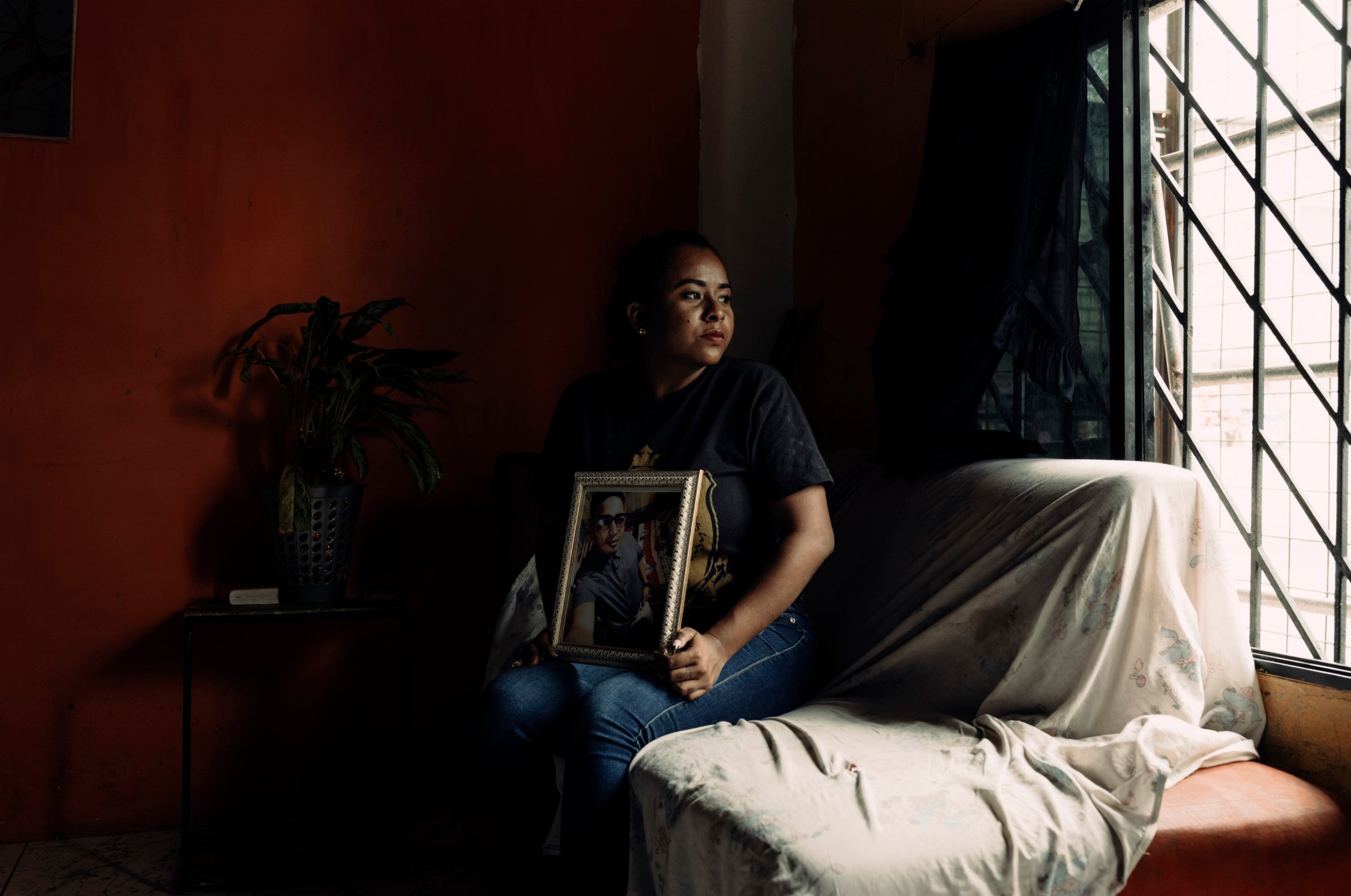
El Comercio newspaper has reported that police in the Guayas region believe half of the suspected homicides committed since 2018 were by minors.
Luis, 27, who was raised in a broken home and adopted by his grandparents, emerged into street life with little education. He explains how his gang, Punta Quranata, often asked new recruits to stab a family member as part of their initiation.
“People getting killed here is so normal; it’s part of every day life,” he says. “Many of my friends are Sicarios. It’s a form of a living, just a job. I carried out at least 40 attacks for as little as $20 per hit.”
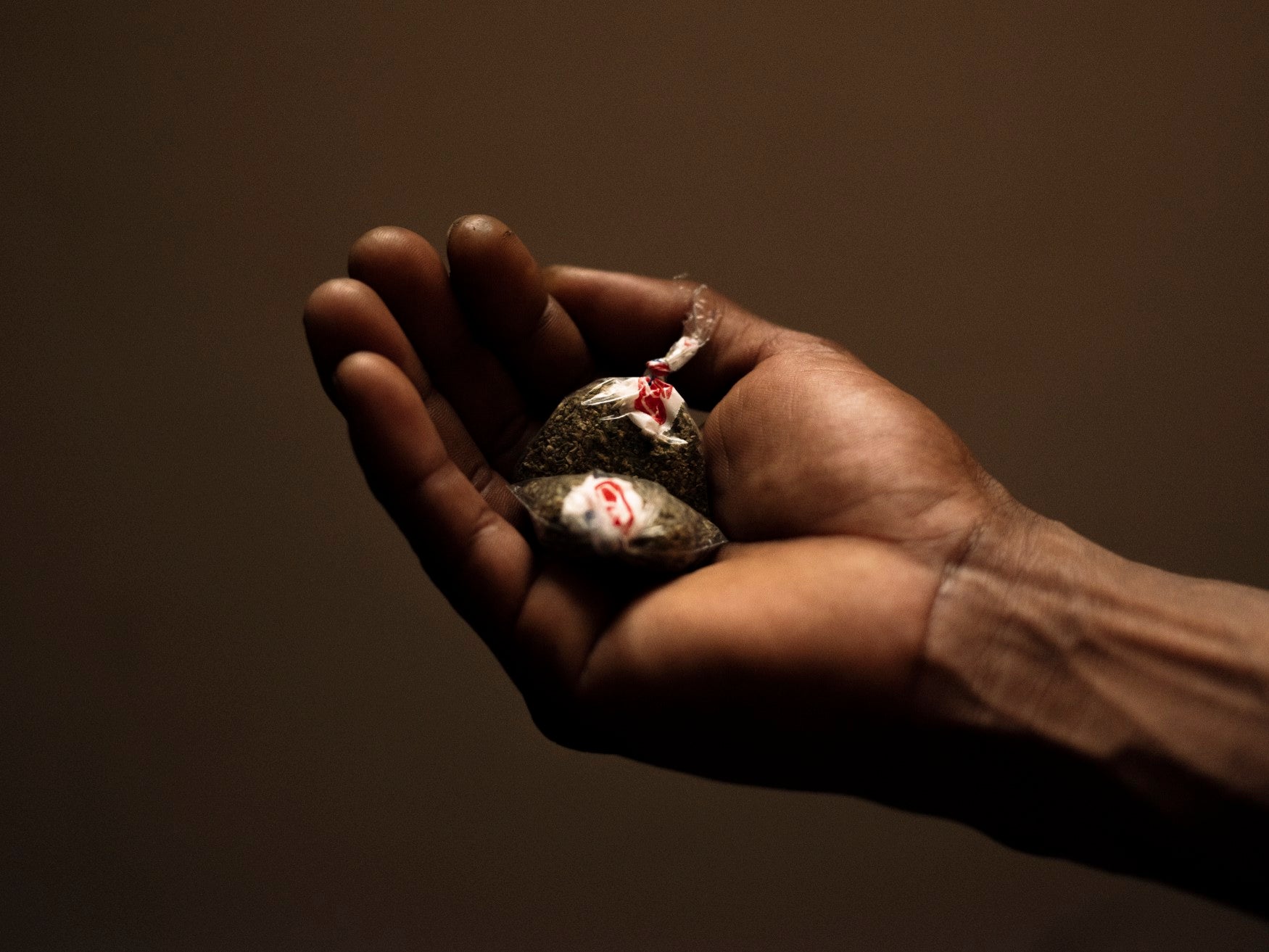
This Sicario spent 10 years in prison. He explains: “Kids get recruited while in school and are forced to sell drugs for the cartels, which starts with their classmates and with the knowledge of teaching staff. Only once you have proven your loyalty to the gang will your training begin in how to become a killer.”
For years the UN Commission for Children’s Rights has repeatedly recommended that Ecuador strengthen its child protection policies. A national council founded to protect children in 2003 operated for just five years before being dissolved in 2008 as Ecuador’s government amalgamated agencies to cut costs.
In 2019 a group of international NGOs founded the “Colectivo Compromiso”, which advocated for the updating of what child protection laws remained.
This coalition, which comprised Care Ecuador, among others, proposed several assessments to the National Assembly that highlighted the challenges children face living in Ecuador.
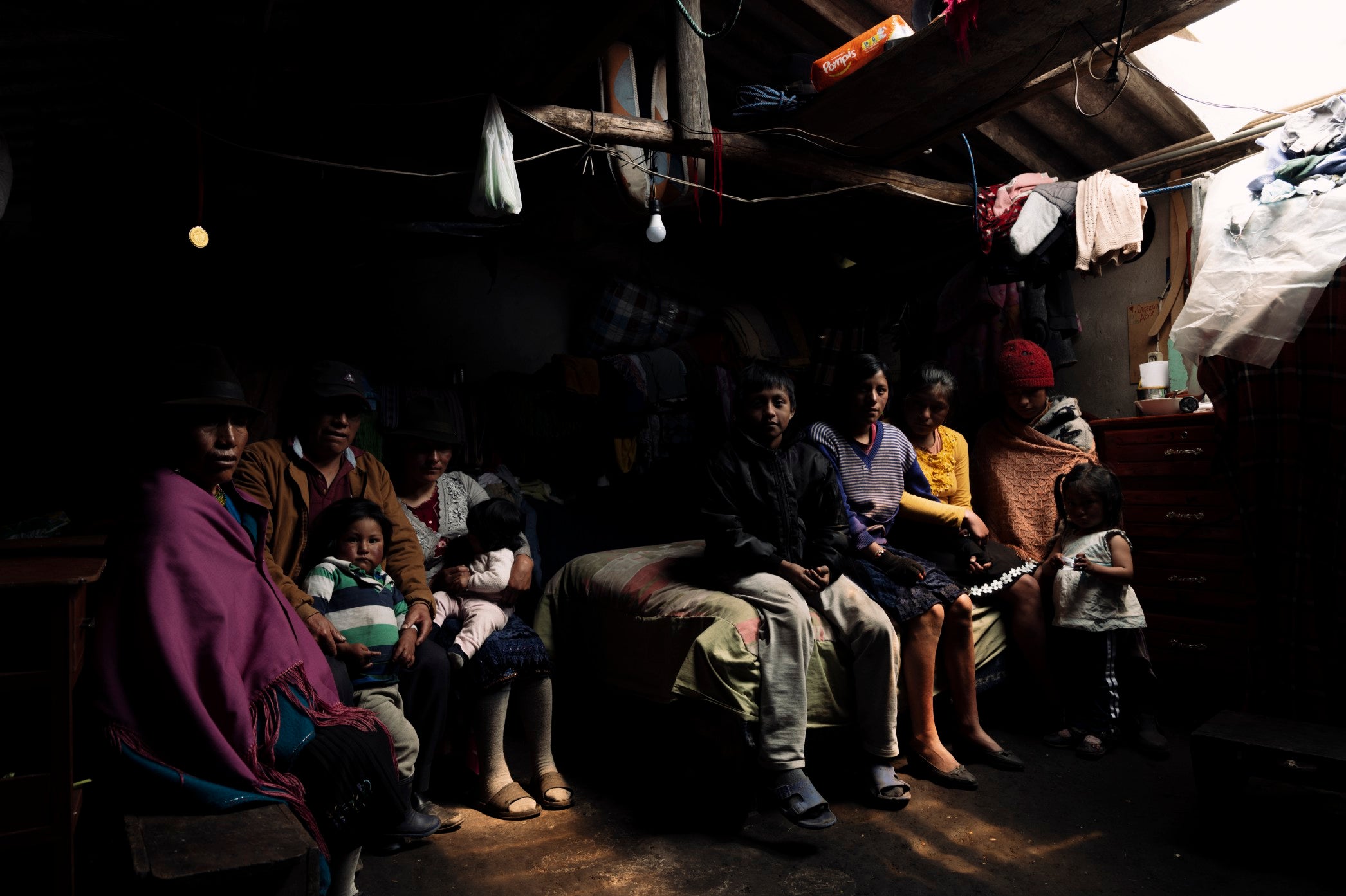
However, the National Assembly refused to accept clauses that permitted voluntary termination of pregnancies for survivors of sexual violence or the implementation of sexual education in schools, despite on average seven girls between the ages of 10 and 14 years becoming mothers in Ecuador every day.
All recommendations submitted by the coalition have been ignored.
Ecuador’s teen hitmen are merely a symptom of how organised crime networks have eaten to the core of a country that has been forced to normalise crime, leaving children with few opportunities.
Gangs, cartels and traffickers are also engaged in the grooming of girls as young as nine to be prostituted for sex with men often five times their age, the blackmailing of peaceful fishing communities to transport cocaine up Ecuador’s extensive western coastline towards Mexico, and the trafficking of out-of-school children from indigenous communities to begging gangs in cities, then smuggled through networks abroad – never to be seen again.
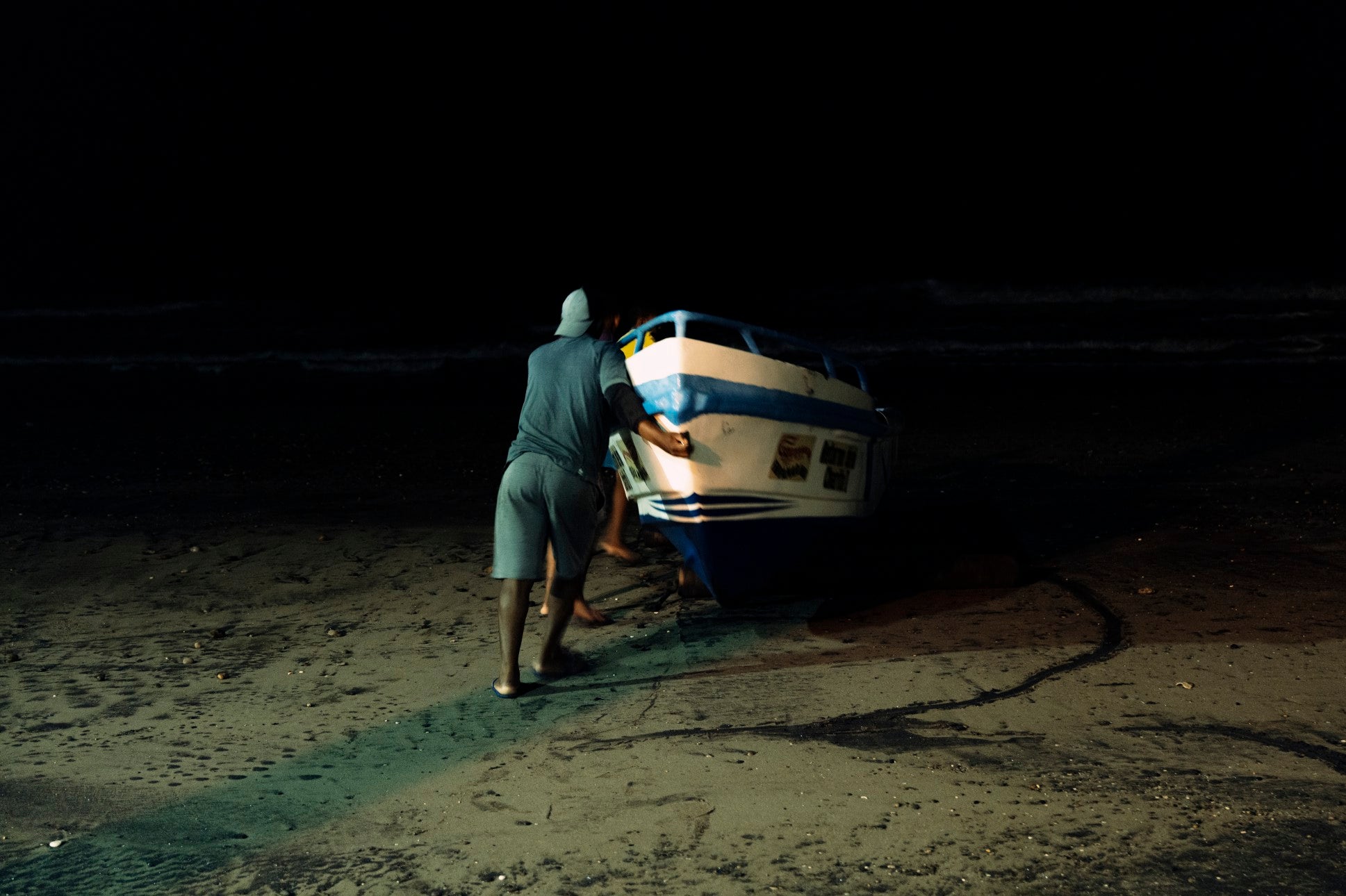
President Lasso remains at the helm of a country plagued by political corruption, an economy in tatters and very close to achieving narco-political status.
However, he remains adamant that an increased presence of military and police on the streets remains the only way out, a view not shared by the country’s legislature.
Ironically, the police force, which has increased recruitment tenfold from approximately 4,000 to 40,000 over the last decade, falls in line, with detention rates that have increased from 3,860 to 38,000 across the same period, simply feeding the prison system – and the government admits to having lost control over the prisons.
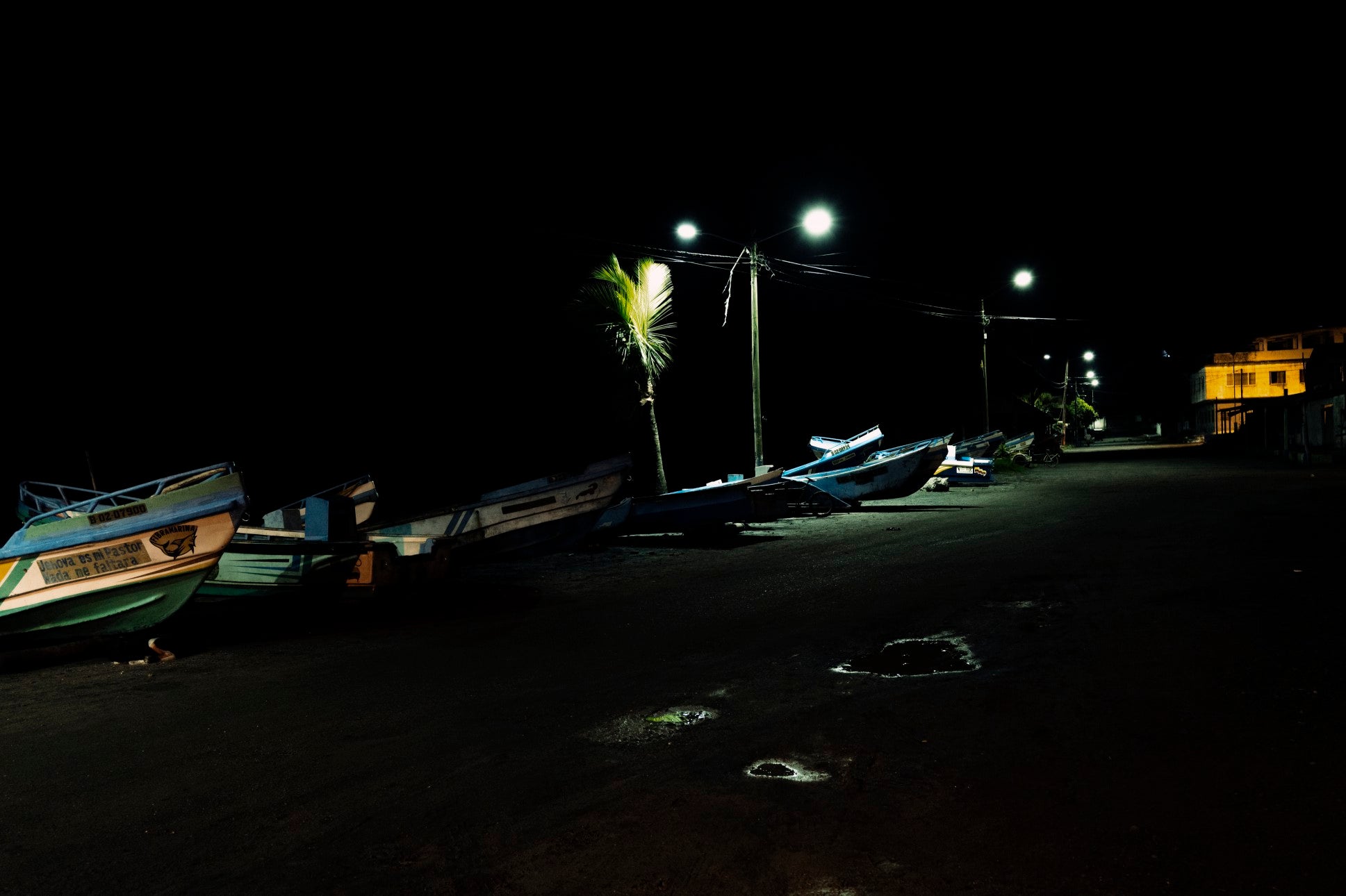
Those same police at the heart of Lasso’s flawed Ecuador Rescue Plan control the prisons and facilitate the smuggling in of mobile phones, guns, machetes, grenades and women by the hour. Ecuador’s prisons suffered the highest number of deaths on record in 2021, with 280 inmates murdered behind prison walls, 118 in a single day in El Litoral Penitentiary.
Alex, seated in the gloomy living room of his family home in the Trini Puerto area of Guayaquil, explains how his brother Eduardo, 23, was killed in the El Litoral prison riots last year when a grenade exploded near him: “Eduardo was due to be released in a matter of days before he was murdered. I blame our government for my brother’s death. His blood is on their hands.”
A few doors down, Delphine, 58, whose son Julio, also recruited by a cartel while in prison, was gunned down by a young Sicario just metres from their home, explains: “Drugs and crime took my son from me; the government does not have any control here any more.”
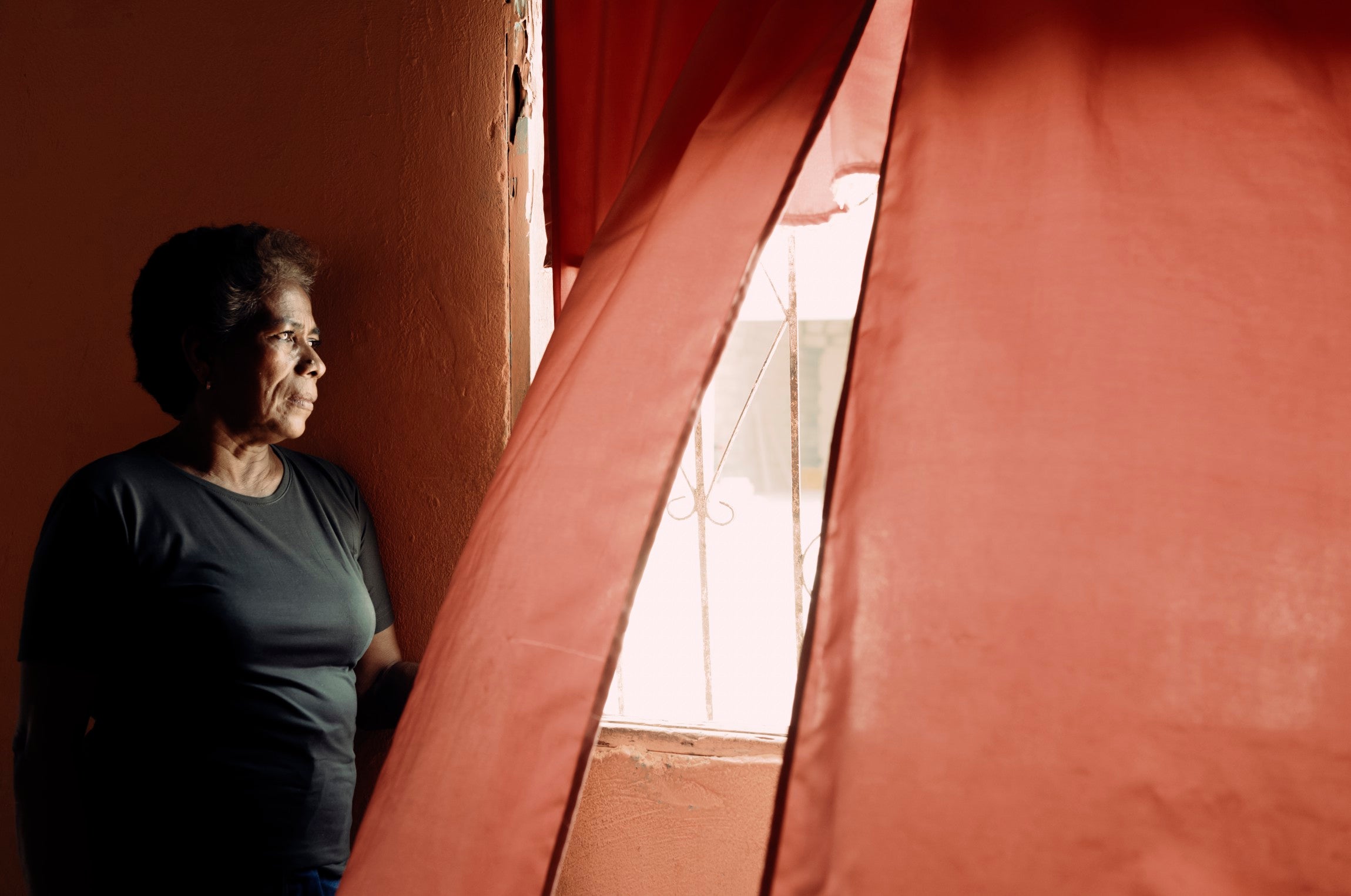
Alex Moncada, country director of international NGO Care Ecuador, says: “After the Covid-19 pandemic, Ecuadorian and Latin American societies are more unequal than ever and are showing concerning signs of being unviable societies.”
Unsurprisingly, every month 10,000 Ecuadorians, desperate to leave their nation in free-fall, are prepared to pay $20,000 each to human traffickers to cross the borders in search of the “American dream”. It’s a journey so perilous that as many as 10 per cent do not survive.
Moncada continues: “Those who remain will exist below the extreme poverty line on less than a dollar a day. Their income is often obtained in the informal sector through exploitative mechanisms, and they are denied basic rights such as education, food, water and dignified livelihoods.
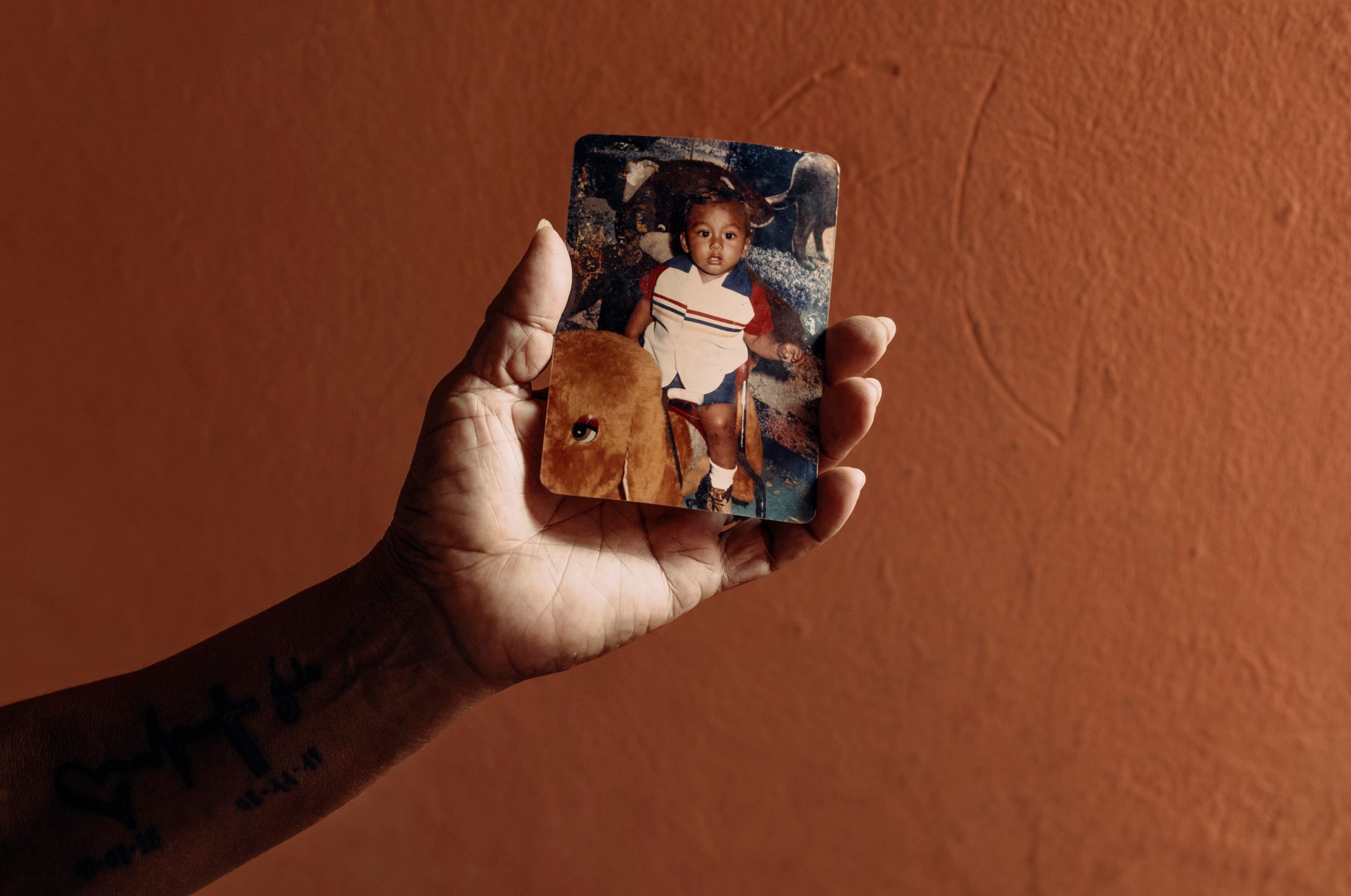
“In a society where every day the news is full of massacres, social violence and impunity for corrupt practices, we are informing children who are denied education and protection that the way to cope with poverty is by violence and joining organised crime.”
People like Moncada and agencies like Care continue to lobby the government, the private sector, donors and the international community to provide responses in terms of child inclusion and protection to bridge the huge inequality gaps.
Ecuador is a country on the brink and, if its government cannot accept that prevention is always better than cure, then it is simply plunging the future of its children into a perpetual cycle of exploitation and insecurity – with no end in sight.
Join our commenting forum
Join thought-provoking conversations, follow other Independent readers and see their replies
Comments
Bookmark popover
Removed from bookmarks